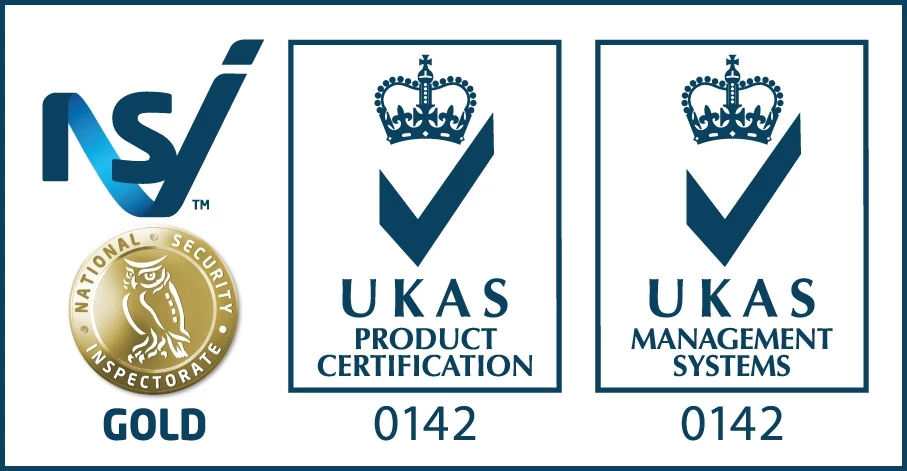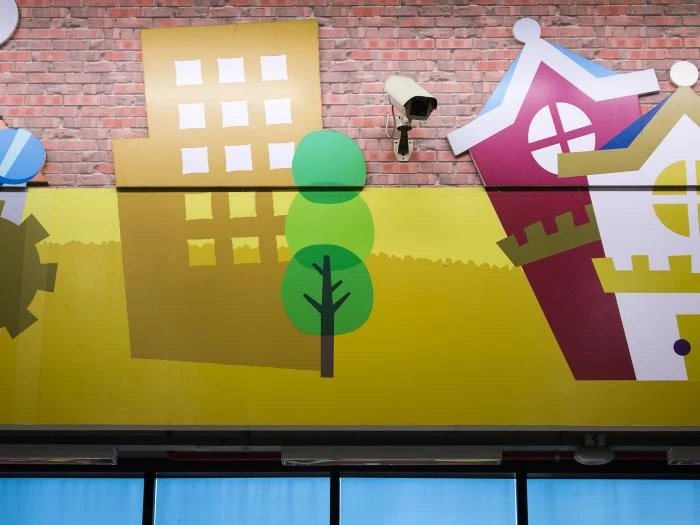Using CCTV in schools and colleges
The use of CCTV cameras in schools and colleges throughout the North West and West Midlands has increased sharply in recent years.
But the introduction of CCTV into schools has polarised opinion over its use and effectiveness in the educational field.
Supporters say school camera networks can help improve security, reduce vandalism, prevent bullying and allow round-the-clock monitoring of sensitive areas.
Detractors, however, warn of an unwarranted invasion of privacy, express concern over data protection and fear the increased climate of mistrust that security cameras can generate.
Both sides can agree that several legal statutes cover the use of CCTV in schools. In any event, educational centres must ensure camera networks comply with the regulations set out in the Data Protection Act and the Human Rights Act.
As CCTV technology continues its advance, parents, students and education leaders must engage in an ongoing dialogue over the use of CCTV security cameras in schools.
The Information Commissioner's Office is an independent authority that oversees the protection of personal information in the UK and offers comprehensive advice.
It is only by working together and sharing information openly and transparently that schools can create a workable policy for CCTV use should it be required.
The benefit of CCTV in schools
There are several benefits to using CCTV in educational environments. The more immediate ones are:
Monitoring Equipment: Cameras can monitor expensive equipment stored in IT and science departments.
Protecting Property: Areas of high risk, such as locker rooms and cycle racks, can be watched.
Checking on Trespassers: Cameras can deter unauthorised access and captured images used to identify trespassers and other intruders.
Policing Communal Areas: Cameras can monitor communal areas during busy times.
Deterring Theft and Vandalism – Prominent cameras can help prevent theft and prosecute vandalism
Monitoring Behaviour: Camera evidence can be used to support reported cases of bullying or intimidation.
Get CCTV policies in place
But before any school can install a CCTV system, it must first notify the Information Commissioner of its intention to do so and state the reasons and purpose for which CCTV is used. A school will also need to set out a policy for operating the network, appoint a data controller to oversee the use of the CCTV system and install prominent signs that make it clear when images are being taken or recorded.
Fix cameras in the right places
The siting of CCTV cameras in schools must be carefully planned, and their use justified. Some areas of the school may be out of bounds for CCTV installation. There are serious reservations, for example, about using cameras in classrooms, where teachers may expect some autonomy. There are also areas where staff and students will require some measure of privacy, such as changing rooms and toilets.
CCTV can be installed in sensitive areas, but these need to be in exceptional circumstances or their use deployed only at particular times, such as when rooms are empty. Even in these exceptional circumstances, the use of CCTV is commonly restricted. Schools must also be careful not to accidentally capture images of surrounding properties, as this may contravene Data Protection regulations.
The use of CCTV images in schools
There is also the question of who is allowed to view images captured on CCTV. Schools are advised to set their policy on viewing CCTV images to ensure there are no breaches of the Data Protection Act. The release of data is typically restricted, in the first instance, to the school's designated data control officer. Recorded images should be kept for no longer than necessary, and all media should be wiped clean after an appropriate time.
Any data stored for longer should be appropriately registered along with detailed information on the date, times and location. Regular reviews should be made of captured images so that obsolete material is wiped clean as soon as possible. It is also expected that the school CCTV policy is regularly reviewed to check its effectiveness and overall impact on the school.
Get staff involved in CCTV policy
It is good practice to engage staff and students in policymaking and for all school members to be informed of the reason for cameras on school premises and the nature of their use. It is not considered acceptable for a school to install CCTV and not review its impact regularly. Some may see these restrictions to be an unnecessary burden. Still, strict compliance and transparent policy on CCTV use can help schools dispel fears over surveillance and protect themselves from claims of breaching the law on the right to privacy. It is about reaching a balance between intrusion into privacy and the added security and protection that CCTV can bring. That balance is best achieved by including opinions and views from all parties, staff, students, governors and others.
Read more on CCTV camera security
Do CCTV cameras cut down crime?
Camera shy burglars avoid the limelight
Keep a close watch on your security camera
Quick Links
Small Print
NSI Gold / Privacy PolicyAccreditations

Burglar alarms & security systems for the Midlands, the North West & North Wales

